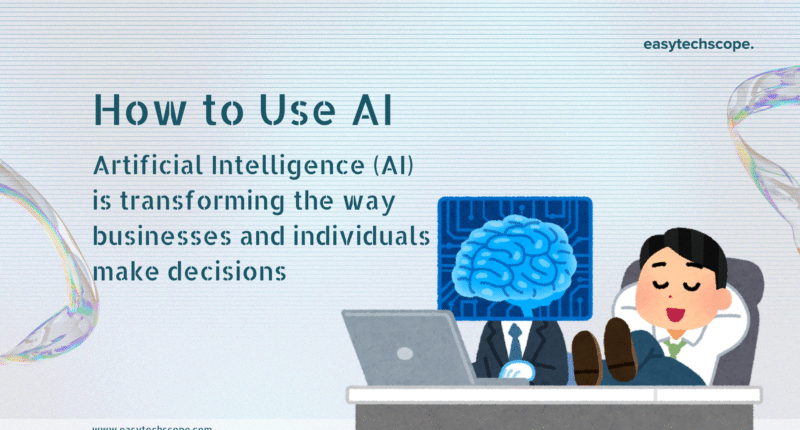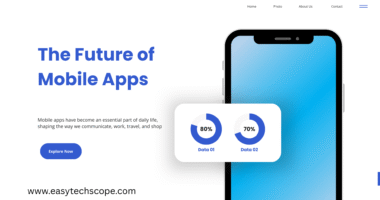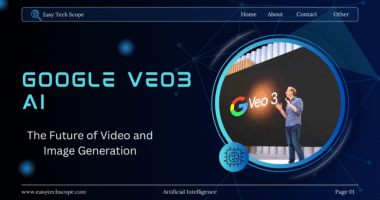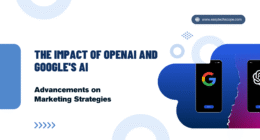Artificial Intelligence (AI) is transforming the way businesses and individuals make decisions. From analyzing vast amounts of data to predicting future trends, AI offers tools that help us act smarter and faster. Whether you are running a business, working in education, or managing personal projects, knowing how to use AI for effective decision making can give you a competitive edge.
Why AI Matters in Decision Making
Decision making often involves uncertainty, incomplete information, and time constraints. AI helps overcome these challenges by processing large datasets quickly and identifying hidden patterns humans may overlook. With machine learning, natural language processing, and predictive analytics, AI enables better accuracy and efficiency in making informed choices.
Key Benefits of AI in Decision Making
-
Data-driven insights: AI can analyze millions of data points in seconds.
-
Predictive power: It helps forecast outcomes based on historical trends.
-
Bias reduction: Algorithms can minimize human errors and emotional bias.
-
Time savings: Automated tools provide faster recommendations.
Practical Ways to Use AI for Better Decisions
To truly benefit from AI, you need to integrate it strategically into your workflow. Here are some practical ways to apply AI in decision making:
1. Use AI-Powered Analytics
Business leaders rely on AI-driven platforms like Google Analytics, Power BI, or Tableau with AI features to gain real-time insights. These tools can detect market shifts, customer preferences, and performance gaps, enabling smarter business strategies.
2. Enhance Customer Understanding
AI tools such as chatbots and sentiment analysis software help analyze customer feedback and behavior. This information assists in making better product, service, and marketing decisions.
3. Improve Risk Management
Banks, insurers, and financial institutions use AI to detect fraud, assess credit risk, and forecast economic changes. These predictive models guide safer and more effective financial decisions.
4. Optimize Operations
AI-powered automation tools improve efficiency by reducing repetitive tasks. This allows decision makers to focus on strategic areas that require human judgment.
5. Support Personal Decision Making
Even in daily life, AI tools like budgeting apps, personal assistants (Siri, Alexa), and AI-based health trackers help people make better choices for finances, schedules, and wellness.
Best Practices for Using AI in Decision Making
While AI offers powerful advantages, it should complement—not replace—human intelligence. To maximize effectiveness:
Ensure Data Quality
AI is only as good as the data it processes. High-quality, accurate, and unbiased data ensures better results.
Balance Human and AI Judgment
AI can suggest the best options, but humans must consider ethical, cultural, and emotional factors before finalizing a decision.
Keep Transparency in Mind
Use AI systems that allow you to understand how recommendations are made. This builds trust and accountability in decision making.
Conclusion
AI is not just a futuristic concept—it is already shaping the way we make decisions today. By leveraging AI-powered analytics, predictive tools, and automation, individuals and businesses can act more efficiently and accurately. However, the key to success lies in balancing AI recommendations with human judgment. With the right approach, AI becomes a valuable partner in achieving effective and informed decision making.







